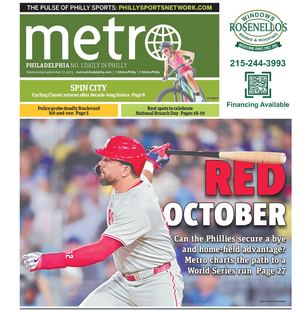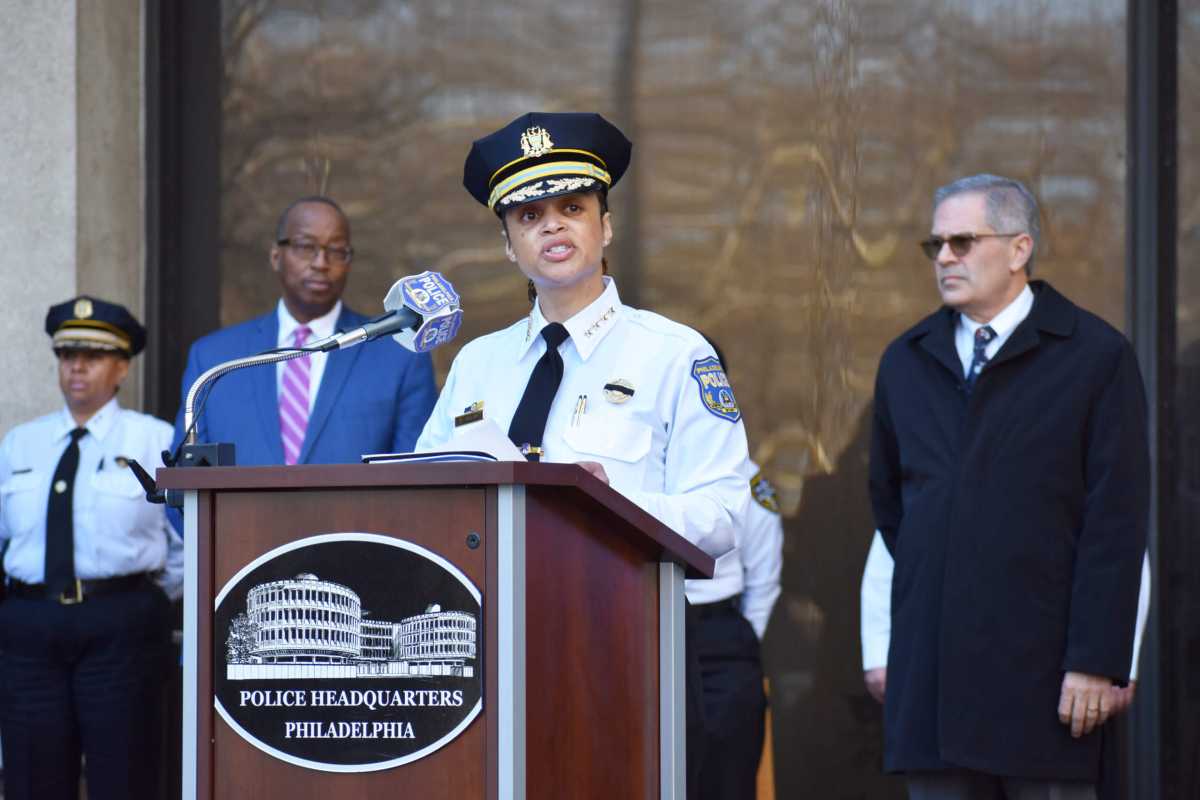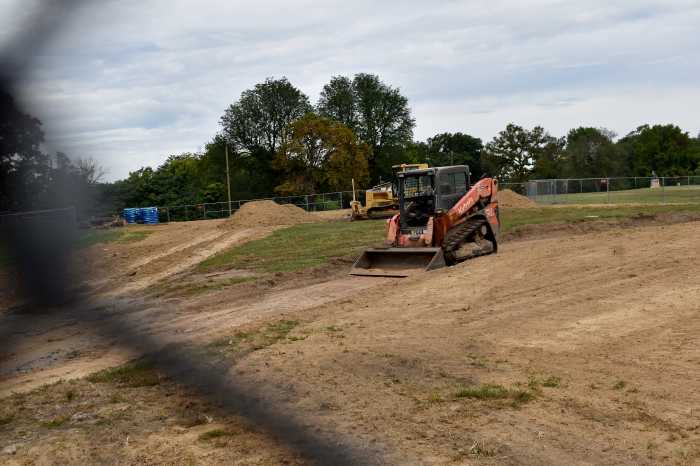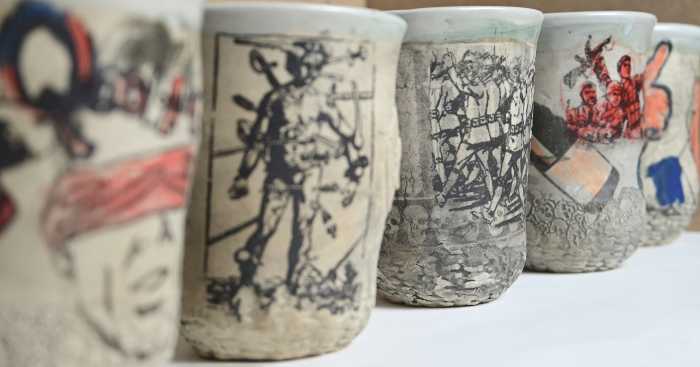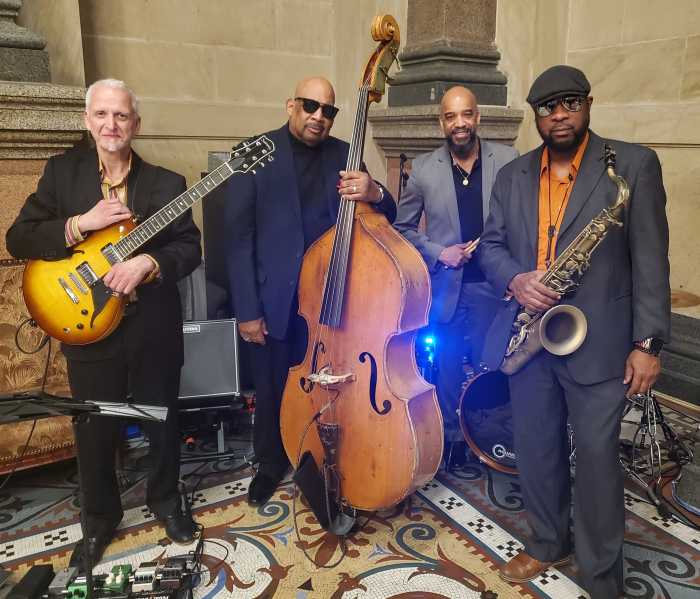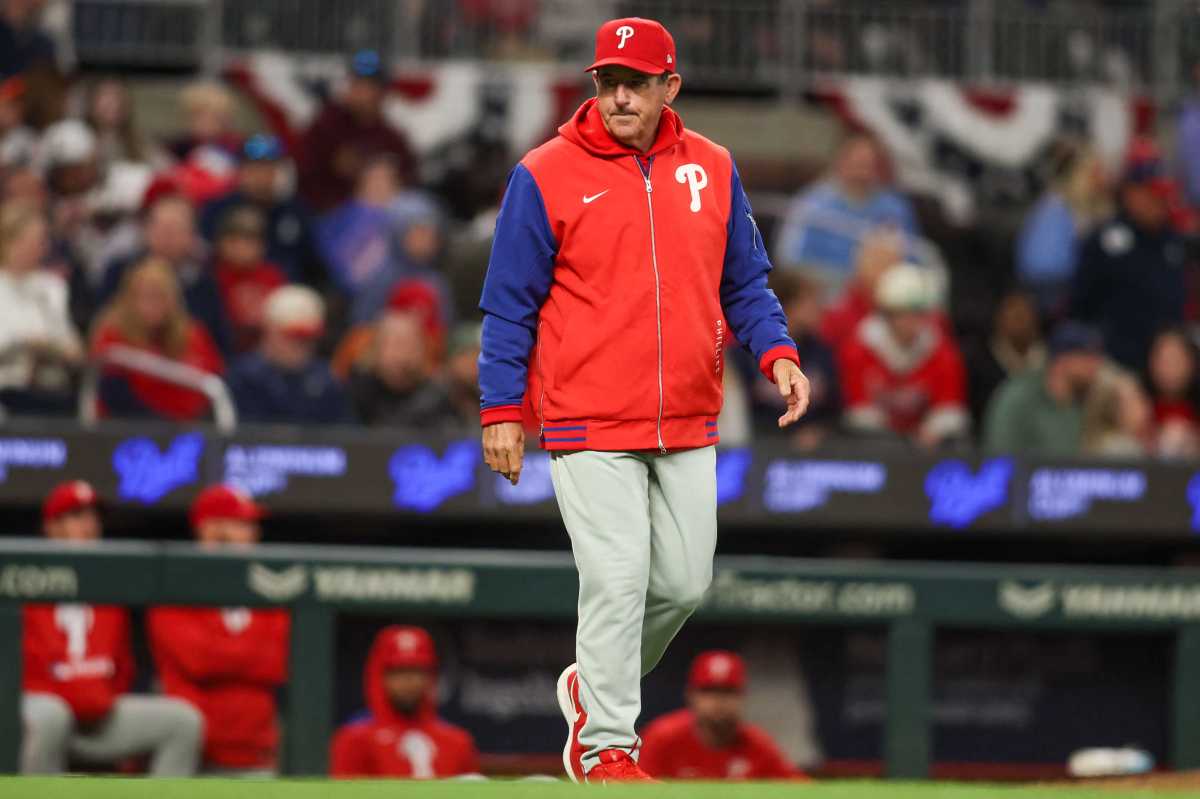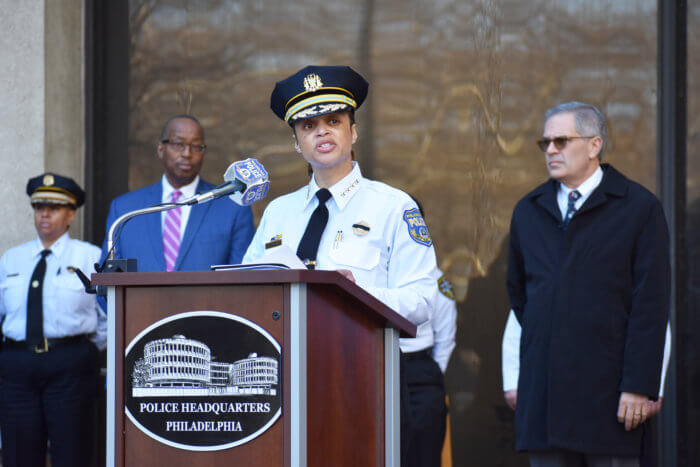
It’s not a free-for-all for criminals.
That was the message law enforcement and city officials delivered Wednesday to clarify changes to how officers will arrest suspects during the COVID-19 virus pandemic.
“The department is not turning a blind eye to crime,” Police Commissioner Danielle Outlaw said. “We will continue to enforce all laws.”
Instead of being brought to a police station for processing, people suspected of committing nonviolent crimes will be fingerprinted and officers will check their criminal history at the scene.
Once their identity is confirmed, a warrant will be issued, Outlaw said.
A mugshot and filing paperwork with the District Attorney’s Office, which would normally take place at the station, will be postponed to a later date, the department said.
“This approach is designed first and foremost to keep our officers and the communities we serve safe from COVID-19 while strategically deploying department resources,” Outlaw said.
Philadelphia’s number of coronavirus cases continues to increase. On Wednesday, health officials said 16 new cases have been identified, bringing the city’s total to 34.
Officers will still have the ability to bring in nonviolent suspects if they believe they pose a danger to the community or law enforcement. Outlaw said patrol officers should be taking into account the severity of the offense, criminal record and suspect’s demeanor.
“Officers are very intelligent people,” she said. “This is the same discretion that they’re given on a regular basis.”
Managing Director Brian Abernathy, whose office worked with police to develop the new procedures, said many other law enforcement agencies across Pennsylvania use similar methods for low-level crimes year-round.
“These changes are not an invitation to lawlessness,” he said. “Any criminal who believes there will be no consequences for criminal behavior will be sadly mistaken.”
Rumors began swirling Tuesday that police would not be arresting people for certain crimes after an internal memo about the change leaked to several news outlets.
Outlaw was unhappy about the document’s release and said it created “an undue fear, panic and alarm during a time of crisis.”
“This was a huge distraction for our ability to continue to work around-the-clock,” she added.
The memo included drug crimes, theft, burglary, vandalism and prostitution as crimes that would be covered under the directive.
However, Outlaw, during a morning news conference, did not spell out specific offenses. She said it would be handled on a “case by case basis.”
“Our purpose was to be very general externally about what those things are because they can change,” she said.
Outlaw said a photo posted online showing people looting, supposedly in Philadelphia, is fake. It was taken in 2015 in a different city, she said.
The police department will also be boosting patrols during the coronavirus epidemic by removing officers from plainclothes and temporarily putting them on the streets.
In addition, the department is suspending its “Live Stop” program, which allows officers to confiscate and impound a vehicle in certain circumstances following a traffic stop.
Officers will also be instructed to practice social distancing when responding to calls, Outlaw said.
The initiatives follow COVID-19 adjustments by the DA’s Office and court system.
Prosecutors are no longer requesting bail for nonviolent suspects—an attempt to keep jails from overcrowding and spreading the virus.
Philadelphia courts suspended most operations Tuesday and will be closed until April 1.
